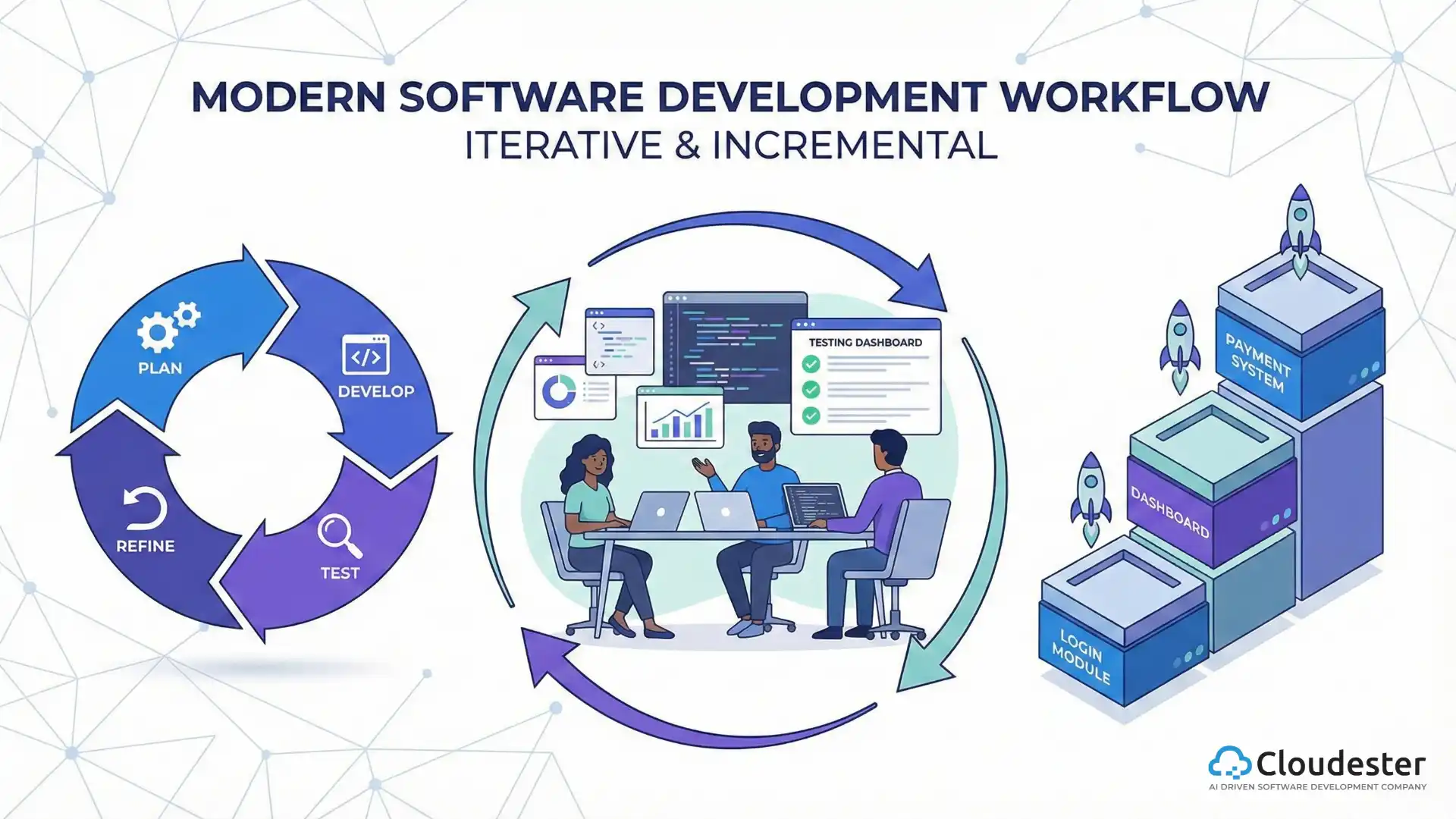Software Development Trends in 2022

Predicting Software Development Trends: A Look Ahead
Making predictions is never easy, especially about the future. In software development, the challenge grows even greater. The industry evolves daily with new tools, changing technologies, and fast-moving trends.
Part of my role is to stay updated with these changes and observe what shapes the software world. Based on that, here is my perspective on what trends are most likely to define the year 2022 and beyond.
Programming Languages to Watch
Let’s begin with programming languages. JavaScript, Java, and C# will remain dominant across the job market. However, several emerging languages are worth paying attention to if you aim to future-proof your skills:
- Python – The top choice for Machine Learning and Data Science applications.
- TypeScript – Built by Microsoft, this superset of JavaScript reduces errors and simplifies web development. It powers Angular and is becoming a global favorite for both front-end and back-end work.
- Kotlin – The new go-to for Android app development. Google now promotes it over Java. Kotlin, created by JetBrains, makes coding faster and more efficient.
- Go – Google’s high-performance language for web services and command-line utilities. Over one million developers, especially in Asia, already use it as their main language.
- Rust – A modern replacement for C and C++. Mozilla built it for low-level systems. It is already part of the Linux kernel and is gaining ground within Microsoft tools.
Web Development Trends
In web development, Angular, Vue.js, and React will continue to dominate. Angular suits large-scale projects and corporate teams, while Vue.js remains known for simplicity. React, a library rather than a full framework, continues to lead among startups.
Several new directions are shaping web development further:
- Web Components – Developers can now create custom HTML tags that act like reusable components. Frameworks such as Svelte simplify this process and may soon surpass React in popularity.
- Progressive Web Applications (PWAs) – These apps work offline, look like native apps, and now integrate directly with major browsers. Even Microsoft supports them in the Windows 11 store, making them essential for web developers.
- WebAssembly – A game-changing technology that allows languages like C or C++ to run in browsers. It expands web capabilities and makes complex tools possible online. Blazor, Microsoft’s framework for .NET developers, uses it effectively to bring C# to web applications.
- Serverless Architecture – Build and deploy small, cloud-based applications that scale automatically and charge only for usage. Azure Functions and AWS Lambda are leading platforms in this space.
Custom AI Software Development Solution For Enterprises
DevOps Essentials
Modern developers must understand DevOps practices. Two essentials stand out:
Learn Docker or risk falling behind.
Continuous integration is now mandatory for efficient project delivery.
If you think DevOps is only for IT teams, think again. It directly affects development speed, deployment quality, and collaboration.
AI-Assisted Development
Artificial Intelligence is transforming the way we code. Tools such as Visual Studio 2022’s IntelliSense and GitHub Copilot assist developers in writing faster and smarter code.
AI does not replace developers. Instead, it helps us work more efficiently. However, developers must still validate every suggestion, as AI-generated code can contain subtle errors. Used wisely, AI-assisted tools can drastically improve productivity.
Summary and Future Outlook
These software trends 2022 highlight areas where developers should focus their learning efforts. The industry moves quickly, and keeping up with new languages, frameworks, and automation tools is key to long-term success.
At Cloudester, our team constantly tracks emerging technologies to help clients stay ahead. Whether it is enterprise, healthcare, or real estate solutions, we integrate innovation into every project.
Cloudester is listed on DesignRush among:









